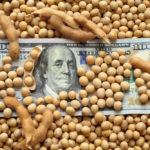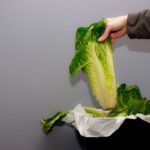
Comment

Opinion: Celebrate World Wetlands Day
February 2 is a day to remember the vital ecological importance of these distinct ecosystems

Comment: The unavoidable death of ‘click and collect’
Consumers want to get food products delivered directly to their homes but they don’t necessarily want to pay for it

Comment: U.S. Farm Bill: ‘The Good, the Bad and the Ugly’
The latest Farm Bill does nothing about the major problems — low prices and overproduction

Comment: Let us pray
Political turmoil and gridlock in the U.S. is just one symptom of a world in gridlock that can’t solve problems

Funds view grains and oilseeds more favourably
Investor sentiment has clearly shifted in the past 12 months

Comment: Romaine calm
An industry-led food safety program appears to have got complacent and self-congratulatory

Comment: Flexitarianism on the menu
A large and growing group of Canadians are becoming ‘part-time vegetarians’

Comment: Another war to end all wars
No one knows when — or even if — the ongoing and looming trade wars will end

Comment: Reading the facts at hand — or in your palm
If you ignore bad news because you don’t want to hear it, it’s at your peril

Comment: A painful experience
Why self-checkouts at the grocery store never seem to work properly


